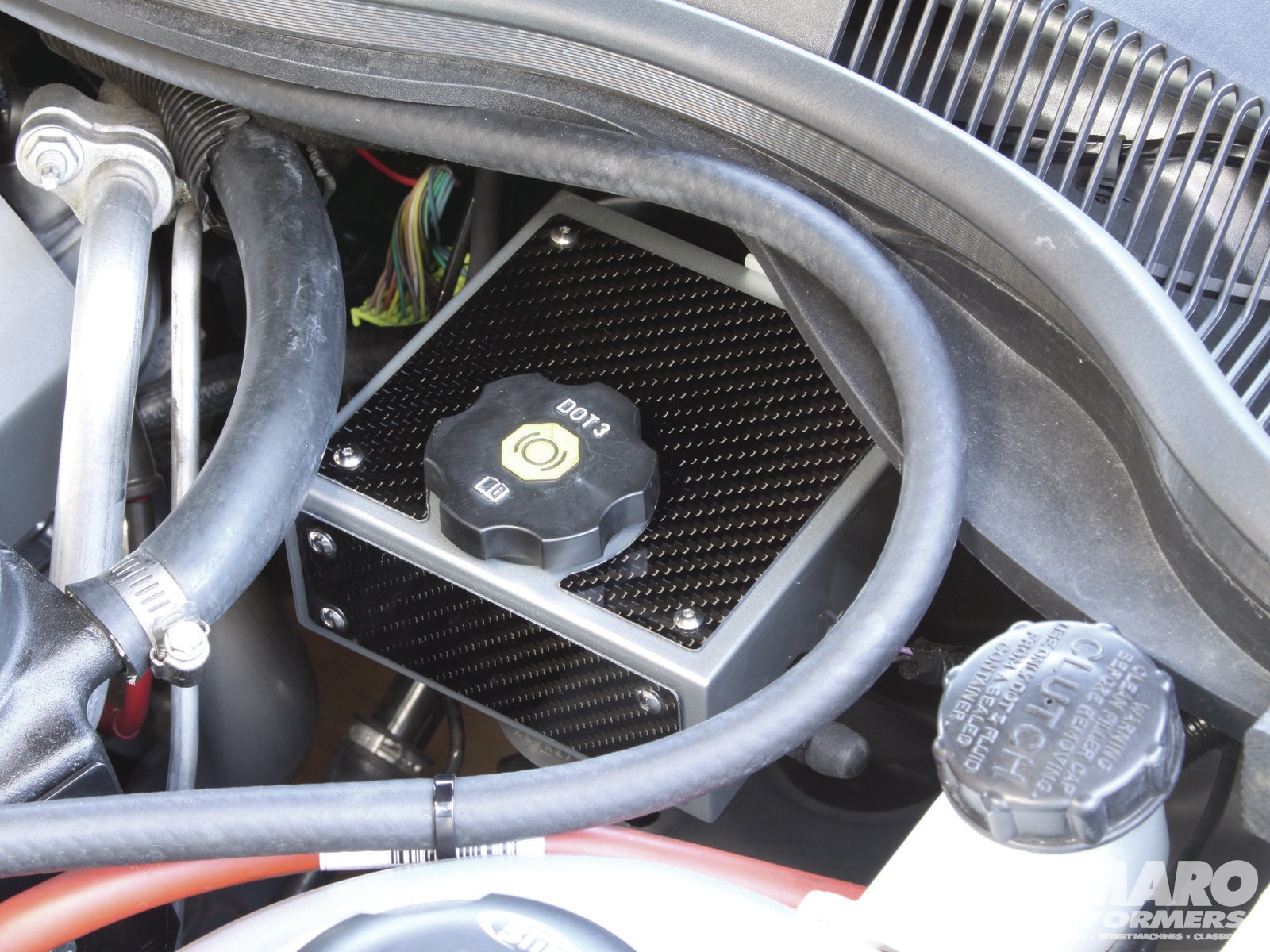When we want to make a stop, we just push down on our brake pedal and everything is fixed. Car brake system is one of several automotive hydraulic systems, fluid plays an important role, it flows through the brake lines from the master cylinder to the brake drums or discs in the four wheels, and then the car slows through friction. Brake failure is recognized as number one fear amongst driving emergencies by most drivers. You can just imagine the result a high-speed car with no brakes or malfunctioned brakes on a highway.
We have two methods to examine the brake fluid-checking the brake fluid level and its condition.
Open the car’s hood, you’d better do this after the car cool down and is parked on a level ground. Before we start our check, initially, we need to locate the brake fluid reservoir, in most cars, it is above the master cylinder which is positioned at the back of the engine bay on the driver’s side. Now it is easy to see the fluid level, it should fall between two lines marked “Min” and ”Max” on the reservoir. Add brake fluid if its level doesn’t reach the “Min” line. Pour the fluid carefully into the reservoir since it is toxic and corrosive and use brake fluid can be used only in cars that call for that DOT specification. Place your reservoir cap back on and close the hood. There are four steps you can follow when we talk about checking the brake fluid condition. Firstly, check its color. Brake fluid is brown in normal condition. If you find its color tends to be dark or black, maybe it’s time for replacement but to be sure, you need a further testing. Secondly, dip a chemical test strip into the fluid. Such chemical test strip tells us the degree of inhibitors’ worn out since it checks the level of copper presence in the brake fluid. Thirdly, test for moisture content with an optical refractometer. Moisture, the brake fluid absorbs from its surroundings, while weakens the effectiveness of brake fluid, it can also leads braking system components to corrode. Fourthly, evaluate the brake fluid’s boiling point with an electronic tester. Usually, the lower the boiling point, the less effective the brake fluid is. As for the professional tools we have mentioned above, your mechanic should have to perform these tests a part of an automotive checkup.

Is it necessary to have a regular brake fluid check?
by
Tags:
